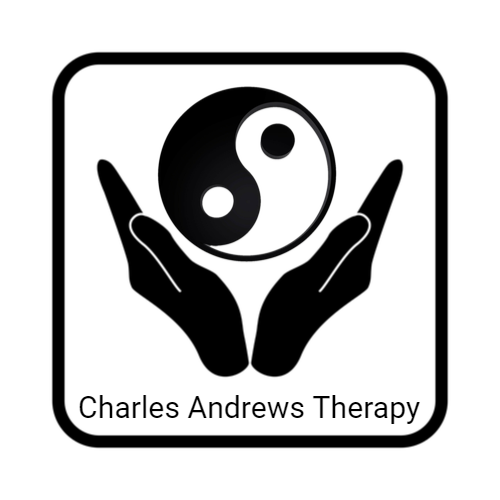This is a task that could easily be the subject of a book. And it is! I highly recommend the book "Inside Rehab: The Surprising Truth about Addiction Treatment and how to get the Help that Works" by Anne Fletcher. It will answer many of your questions.
That said, I think it's important to check the reputation of any rehab facility very carefully. Ideally, visit the place before you commit to treatment there. Make sure it is fully staffed with competent people: the Drug and Alcohol Counselors/Case Managers should be fully certified for Drug and Alcohol Counseling. The therapists (if there are any) should either be registered Interns/Associates or licensed professionals at either the Master's or Doctoral levels. The floor staff should all be experienced and well-trained in the art and science of helping substance users get better. The facility should be clean, comfortable and well-maintained. Group curriculum should be evidence-based and have a track record of use over years.
Better residential rehab facilities of over 20 beds will have at LEAST 3-4 Floor Staff members per shift. The best rehabs will include a Case Manager/Counselor and Therapist team sharing the same caseload of patients. There should be enough clinical staff that no one counselor or therapist has more than 10 clients at any time. Many rehabs cap caseloads at 15- 20 clients, but this is simply unmanageable and should be reason for careful questioning about just how many times Clients are seen by a Counselor and/or Therapist and for how long each week. I can say from personal experience 10-11 clients per week is the most any therapist should handle (6 to 8 clients being ideal) given documentation demands as well as the additional time required to facilitate and document Groups.
I should also note that 30 days in residential treatment is almost always not long enough. Most people who have a substance problem are barely coming out of the fog of long and frequent substance use at 30 days, it is VERY unlikely that much healing has occurred by then. In my experience, a full 90 days is the best option for most people, but not all. Everyone's different, of course, and some clients do make quick progress. Still, virtually the only fact about substance treatment that is provable is that the longer a person stays in EFFECTIVE treatment, the more likely it is they will remain abstinent once they leave treatment. How long is long enough? It's different for everyone.
Evidence-based practices are very important. Anecdotal evidence is not enough to rely on. There are evidence-based practices out there. Group curricula include Mindfulness-based Relapse Prevention; Seeking Safety; Helping Men recover or SMART Recovery. These are just a few examples, there are many other Evidence-Based Curricula out there. I would get a full list of all curricula offered by a rehab and check the curricula for documented efficacy, all of which can be easily done on-line.
In my experience, most of the healing that takes place in any rehab experience comes through the relationships the client establishes with peers and with the Floor Staff. Counselors and Therapists and Groups all have their part in the healing process, but it's the daily positive relationships clients are able to experience with those taking care of them and those peers going through the experience with them that have the most power to heal.
It also turns out that individual therapy offered by a competent therapist can be crucial to success for many people. The key of course is, is the therapist competent? Ideally, at better rehabs, Licensed therapists will have some experience in substance use treatment, the more the better. Interns can be very effective, but require good supervision to do their best work.
And, after all this is said, it is, ultimately, the client's own commitment to change and renewal that determines the odds of successful treatment: high commitment usually makes for positive results. Low commitment increases the risk that treatment will not be successful. A kind, caring, thoughtful, well-managed and therapeutically powerful experience in rehab may well increase Client commitment and will almost certainly increase odds of success.
